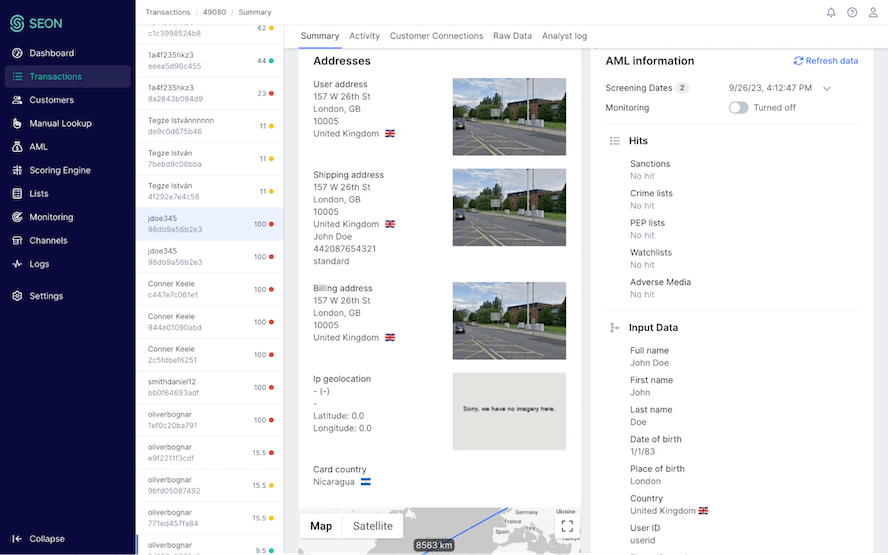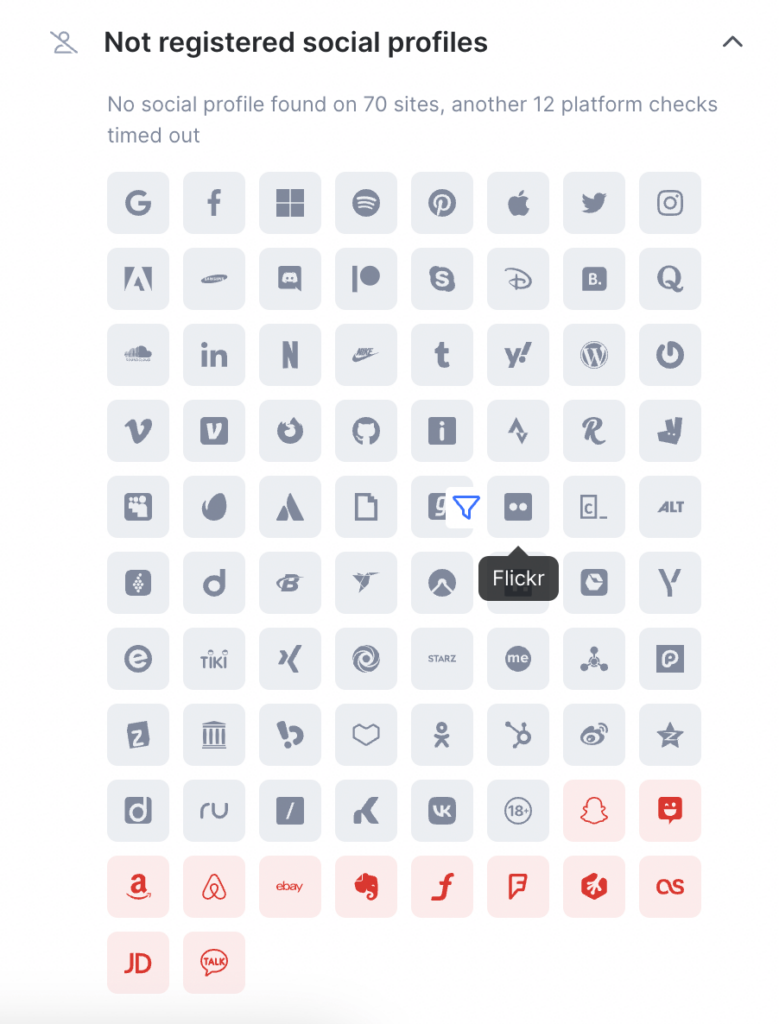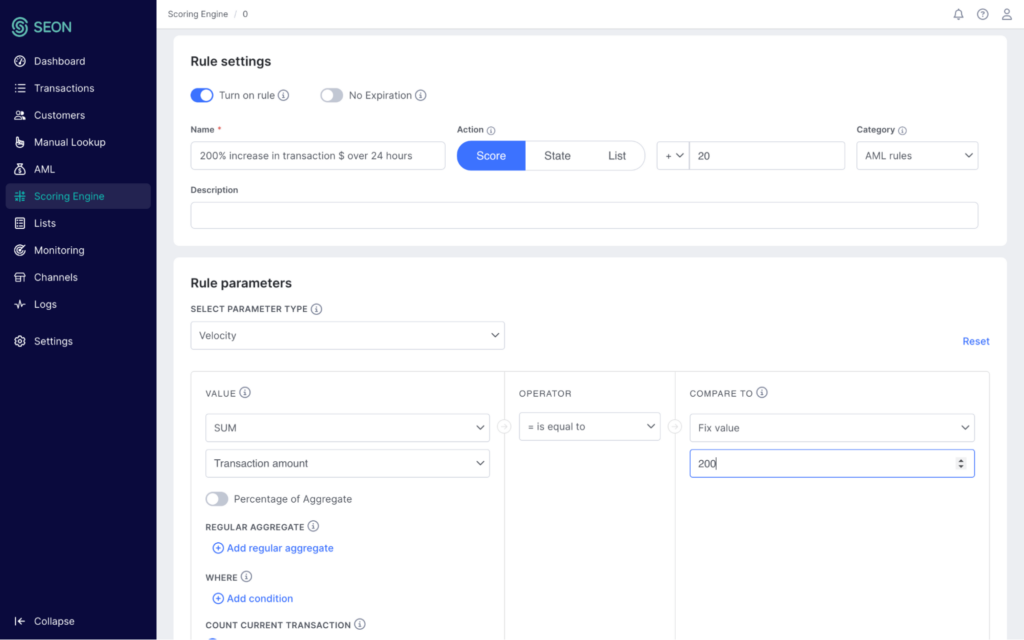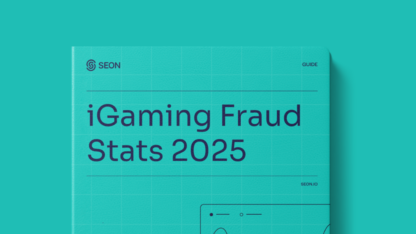iGaming companies are no strangers to money laundering attempts. Regulators monitor such attempts and keep updating their rules accordingly.
So, how can you enhance your AML screening today?
Why Is Money Laundering a Problem for iGaming Companies?
Money laundering poses a significant challenge for iGaming companies, creating an environment ripe for illegal activities. Online gaming platforms, similar to traditional casinos, are ideal for concealing the origins of illicitly obtained funds. Criminals typically employ tactics such as depositing money into their gaming accounts and then either colluding with other players to transfer these funds or engaging in minimal gaming before withdrawing the money to a different account.
Such actions draw intense scrutiny from financial authorities and regulatory bodies, leading to serious consequences for iGaming companies found to facilitate money laundering. Moreover, implementing anti-money laundering (AML) measures adds complexity due to varying regulations across different countries and the constantly evolving rules, which also detract from the user experience in a highly competitive market.
Risks faced by iGaming companies include:
- Hefty compliance fines.
- Damage to the company’s brand reputation.
- Legal repercussions, such as the potential revocation of operating licenses.
How Do You Detect Money Laundering in iGaming?
To detect money laundering, you need a full picture of who your users are. Firstly, this will be done by combining AML and KYC due diligence checks to identify your players.
You may want to answer the following question:
- Are they on PEP lists? Politically exposed persons are more likely to be complicit in money laundering.
- Are they connecting from a country on sanctions lists?
- Are they using any spoofing tools to hide their data – such as emulators or VPNs?
- Are they depositing and withdrawing money in suspicious patterns?
The last point, in particular, relates to transaction monitoring. This is a legal requirement, where you must keep a close watch on your players’ flow of money, both at the deposit and withdrawal stage.
In fact, deploying the right risk rules to track your users’ deposits could be one of the leading indicators to prevent money laundering.
Let’s look at some signals to build risk rules with in your security stack to boost AML as an iGaming operator.
Detect fraud, ensure AML compliance, and protect your platform with SEON’s advanced transaction monitoring tools. From real-time analytics to customizable risk rules, we help you secure your iGaming business effectively.
Learn more
Top 3 Signals to Look for in AML iGaming
AML and KYC in the gambling world are closely linked; you need to understand who your players are, and you must also track their funds.
Set up custom risk rules built on these typical signals of money laundering and fraudulent activities to filter out bad players before they harm your business.
#1: IP Address from High-Risk Country
One of the simplest ways to spot suspicious users is using IP analysis to geolocate users and determine whether they are connecting to your platform from a high-risk country.

The IP data collected via digital footprinting can be used to calculate an IP fraud score, but it is particularly helpful when it comes to reviewing signups originating from high-risk countries.
After creating a list of high-risk countries within your anti-fraud solution, you can tell the system to automatically scrutinize carefully any connection from these locations.
You can take control over how many points this would add to the total risk score, and what happens to them: whether they are immediately blocked or need to be reviewed by your fraud analyst team.
#2: User Has No Social and Digital Profiles
After running SEON’s 90+ social media and online platform checks, also known as digital footprint analysis, a user with no results – and thus no social presence whatsoever – is very suspicious indeed.
In theory, this rule could create a lot of false positives. After all, a user who doesn’t have a Facebook account isn’t necessarily a fraudster.
However, considered in tandem rather than examining social and digital profiles in isolation and used in combination with other rules, such a flag can actually help pinpoint fake IDs or synthetic IDs, which are a problem for both KYC and AML.

Money launderers aim to conceal their identities by creating iGaming accounts with stolen or synthetic IDs. This complex process requires establishing a social footprint for each identity, which is both time-consuming and challenging to scale. Many fraudsters find it inefficient to develop authentic social presences for their fake personas, and certain data points are simply impossible to fabricate.
As a result, these accounts may appear legitimate yet lack any real connections to social or web-based networks, raising red flags. While an email address or phone number not linked to any social media accounts does not conclusively indicate money laundering, the absence of such links can significantly increase the likelihood, serving as critical indicators.
#3: Sudden Increase in Spending
In the context of risk rules, monitoring and spotting suspicious transactions can be done in two ways:
- flagging deposits and withdrawals above the AML limit
- looking for suspicious increases
The latter is done via velocity checks. These are rules looking at specific actions within a certain time range.
In the example below, you can see how this specific custom rule targets a drastic 200% increase over a 24-hour timeframe.

Note that in that scenario, the risk score increases by 20 points rather than the deposit instantly getting blocked.
You can, of course, determine what happens based on the risk score. Some iGaming companies have a larger risk appetite than others, so it’s completely up to you to mitigate these users as needed.
Boasting unique social and digital footprint analysis, ML and end-to-end customizability, SEON helps iGaming vendors stay safe and grow.
Ask an Expert
How SEON Does AML for iGaming Companies
By providing AML screening, transaction monitoring, and fraud signals with real-time alerts via digital footprinting and device intelligence, SEON’s end-to-end platform is a reliable partner to help you fulfill your AML requirements and stay compliant. Specifically:
- The AML checks functionality scans someone’s name against known crime watchlists, screening lists, PEP and relatives lists etc., including fuzzy matches and alternative spellings.
- SEON offers extensive transaction monitoring capabilities, including custom risk rules that give you complete control over your players’ actions. This is true at every step of the player journey, from signups to withdrawals.
- Our AI-powered insights and human-readable Machine Learning rule recommendations help you finetune your anti-fraud strategy, constantly making it more effective.
- Our Customer Success team can also provide you with expertise and assistance with setting up customizable risk rules to address any specific concerns or additional legislation. SEON’s digital footprinting and device intelligence capabilities are designed to give you a complete profile of your iGaming users. You can use the same data for pre-KYC checks, spotting multi-accounting and flagging bonus abuse –- and protect yourself in addition to your compliance. You can also find hidden links between data points to instantly spot potential fraud rings and collusive players.
Best of all, with SEON, you have complete control over the integration process and can easily adjust and scale your anti-fraud measures as your needs change and your business grows.







